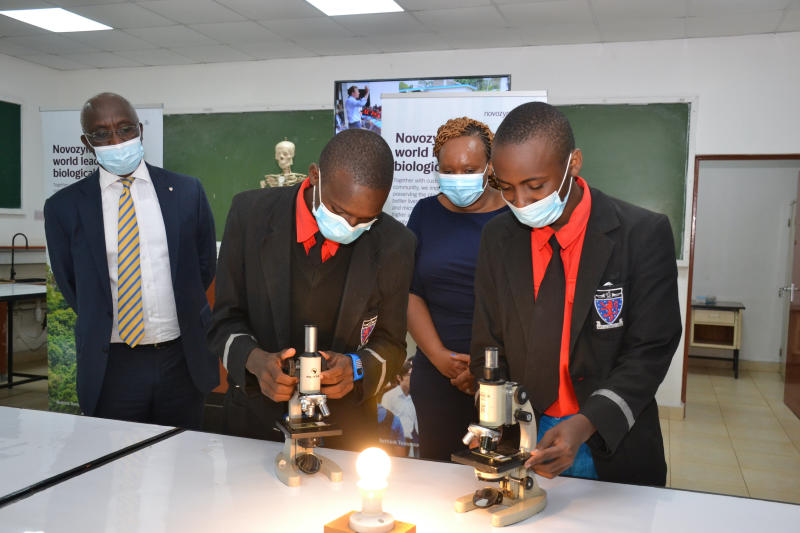×
The Standard e-Paper
Kenya’s Boldest Voice

I am working on my school’s year book. A usually demanding endeavour that entails gathering and compiling text and photos from a wide spectrum of stakeholders within the school community.
And it can be daunting if you choose to go it alone, or try to micro-manage everything. So I decided to settle on two students to help me run the show. I instructed them to pick a team of four or five students to form the editorial team. They did, and the whole thing took off like a rocket jutting through the sky.